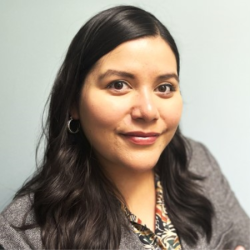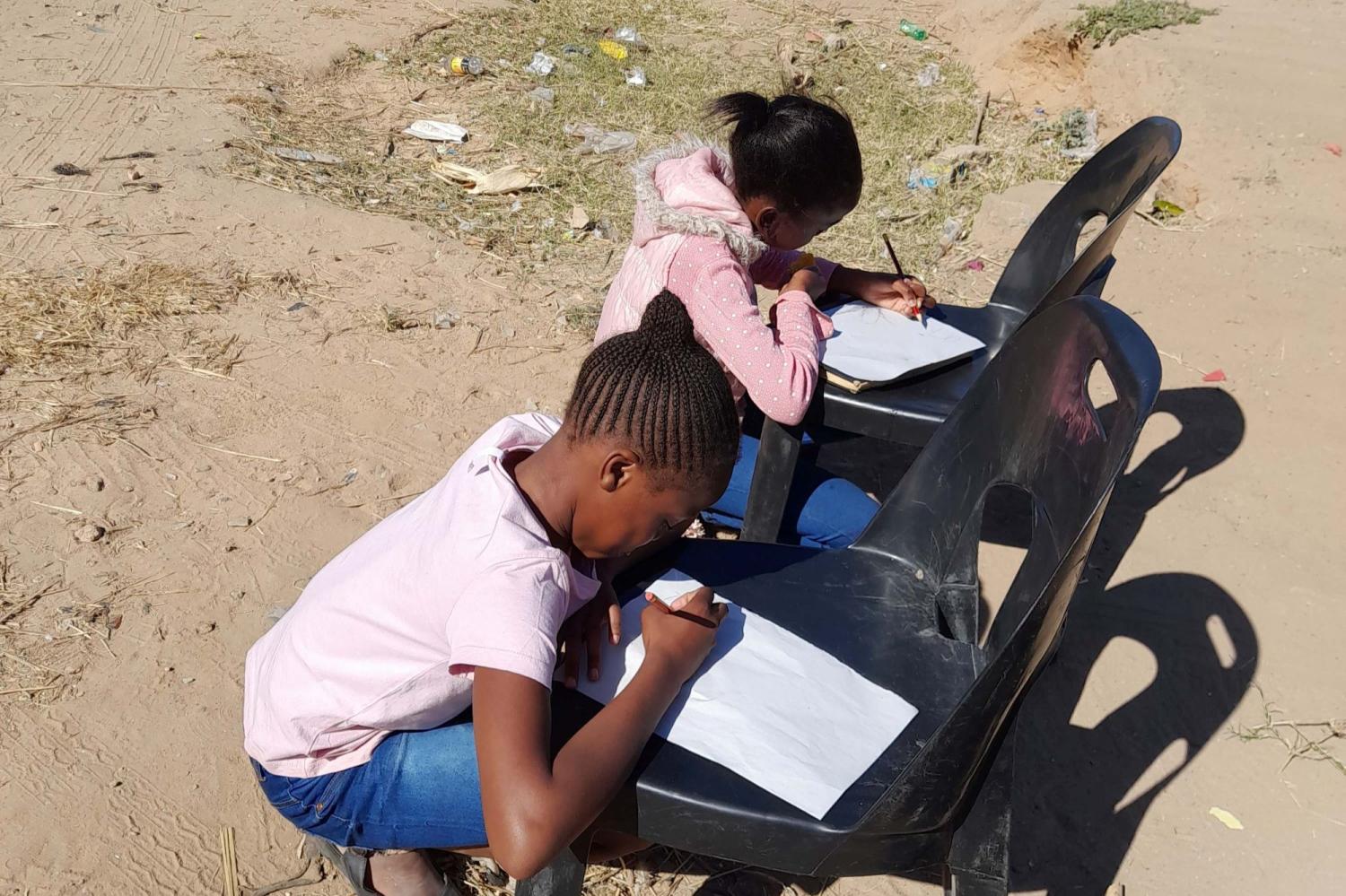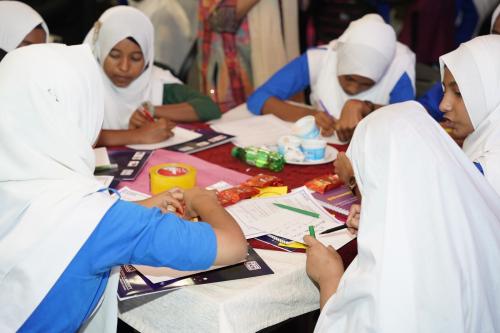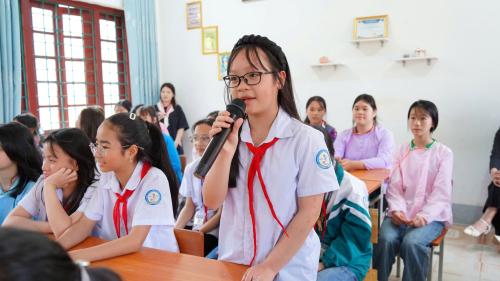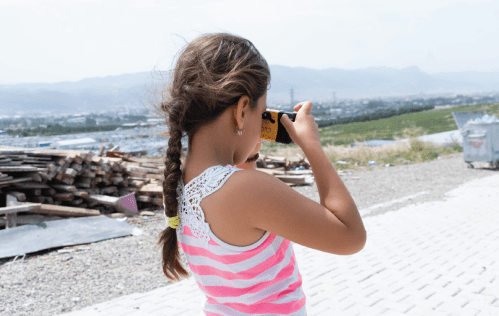For adolescent girls living in highly marginalized contexts, agency is part of an everyday struggle. Girls make decisions about their lives while navigating social structures, norms, and systems. Yet the agency of girls and young women living in marginalized contexts is often misunderstood, unrecognized, underdeveloped, and/or actively stifled. Adolescent girls may have their own definitions of agency making it vital that efforts to promote agency in marginalized contexts start with girls themselves.
The current report is our effort to do just that, as we share the results of two years of participatory, collaborative, and action-oriented research conducted by members of the Learning and Action Alliance for Girls’ Agency (LAAGA) with girls living in a mining context in Zvishavane District in Zimbabwe. We outline the context of Zvishavane, describe our girl-centered methodological approach, share what we have learned with girls in the region, and propose priorities and strategies to mobilize actors to transform systems with and for girls’ agency.
Agency was generally defined by the girls in this study as kurongeka, in Shona, which they associated with a sense of being and doing to benefit themselves and their families and communities. Girls’ understanding of agency in Zvishavane was deeply rooted in the Ubuntu philosophy and specifically the idea of hunhu, or character, and girls emphasized the “right” kind of agency throughout their conversations. The expression of kurongeka was found to be related to individual attributes, knowledges, and attitudes, as well as relational and systemic factors:
- Industriousness, responsibility, self-respect, self-motivation, optimism, and resilience were valued components of girls’ agency for girls in this study, especially as they ensured one was able to take care of others; in contrast, they were critical of expressions of agency that resulted in neglect of responsibilities (especially parental) or behaviors they saw as amoral.
- Relationships with female friends, family members, and other women in the community were key to girls’ agency, providing emotional and economic support, role models, information and guidance.
- Systemic factors challenged girls’ agency. The impact of extractive mining and poverty on the physical, environmental, and mental health of the community was identified as a key obstacle to girls’ agency, as were restrictive gender norms and a lack of access to sexual and reproductive and educational rights.
Efforts to promote girls’ agency in Zvishavane and similar contexts in Zimbabwe (and globally), must take an (eco)systemic approach, working with girls, their communities, and the key adults around them to strengthen their shared ability to co-construct aspirations, make expansive decisions, and take strategic action in their lives and the lives of their communities. Some recommendations include:
- National and local policy makers must work with girls and their communities to promote economic livelihoods, health and safety, relevant and inclusive education, and equitable gender norms within the context of climate crisis. Address the systemic issues that restrict the agency of girls, their families, and their communities, centering adolescent girls’ goals, needs, and voices at the forefront of policy development, execution, and evaluation.
- Role models and agency allies in families, schools, religious institutions and in the community need opportunities to strengthen their skills, knowledge and beliefs and have access to relevant tools to support girls’ agency. The women, boys, and men around girls will be better equipped to identify, support, and actively engage girls’ agency if they have the necessary tools, improved skills, and changed perspectives.
- Adolescent girls strengthen their skills, knowledge and beliefs for agency. Girls require experiences that help them identify, cultivate, and exercise their agency—both through social interaction and by strengthening their individual abilities.
Achieving this will require collaboration and coordinated efforts across diverse local and global education systems.
The Brookings Institution is committed to quality, independence, and impact.
We are supported by a diverse array of funders. In line with our values and policies, each Brookings publication represents the sole views of its author(s).


